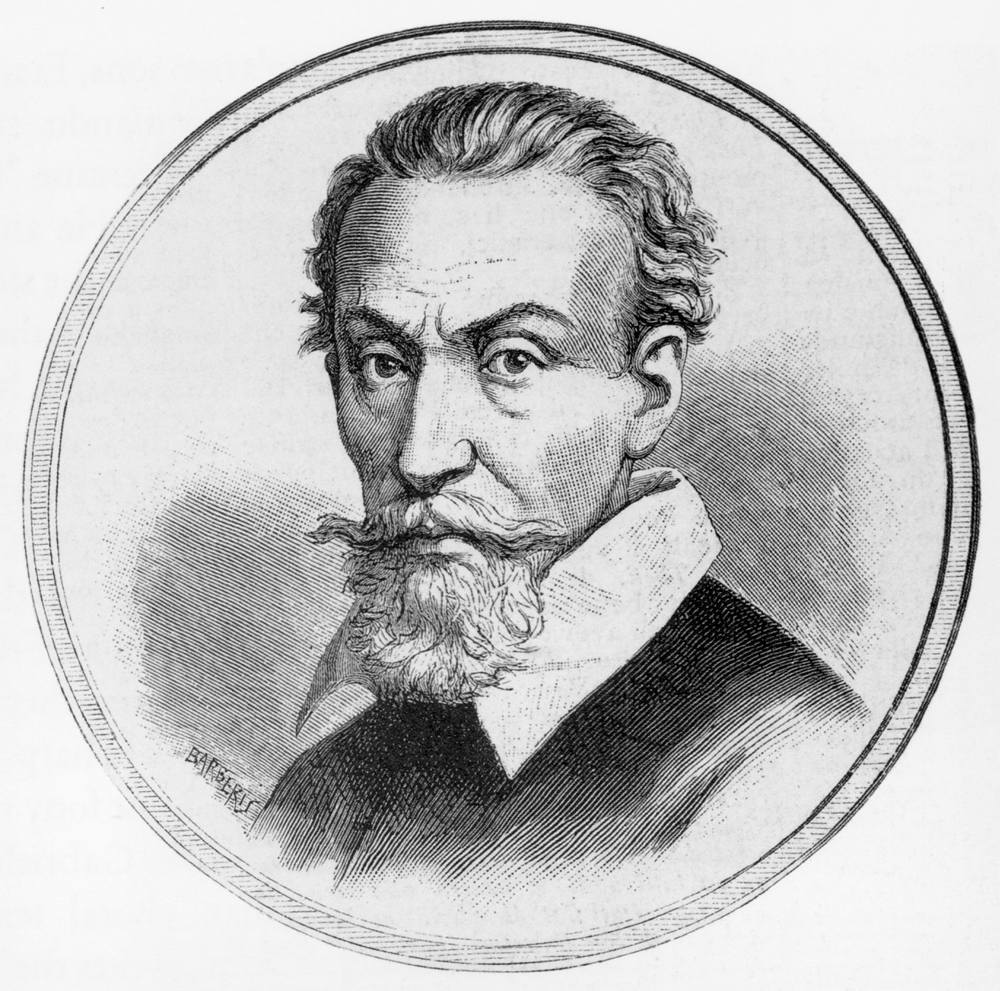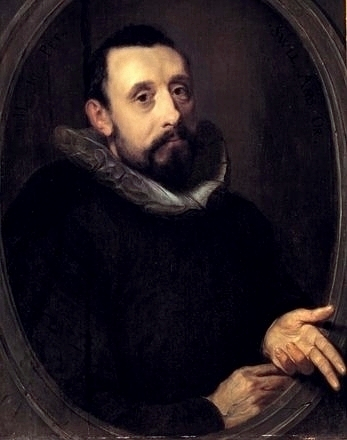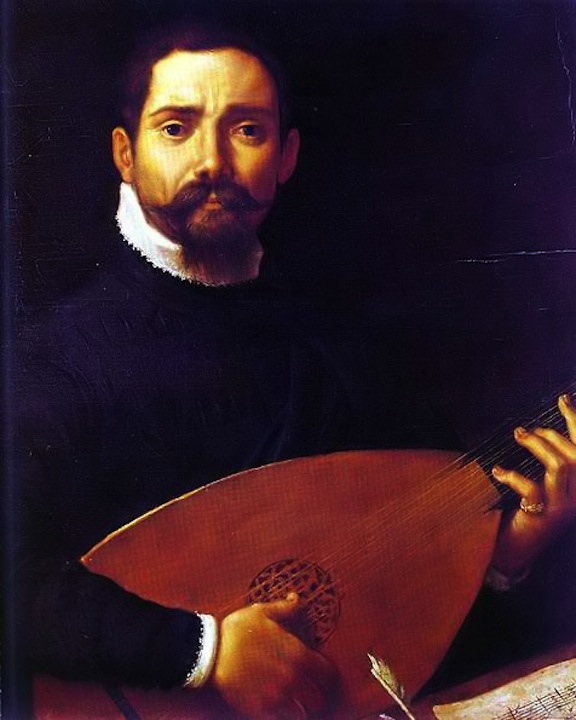Ippolito Baccusi
Ippolito Baccusi (also Hippolyti Baccusii, * before 1550 in Mantua, † September 2, 1609 in Verona ) was an Italian composer and conductor of the late Renaissance.
Life and work
Little is handed over Baccusis Curriculum. Before 1568 he was for a short time assistant music director at St. Mark's Basilica in Venice, after which he continued his studies in Ravenna continued. For the purpose of completion of these studies he asked the Duke of Mantua in a letter of April 1570 to a one-year extension of his stay. In 1572 he calls himself in his second book of madrigals maestro della musica delli Illustri Signori di Spilimbergo and conductor at the church of Santa Eufemia in Verona. From about 1576 to 1589, he served as Kapellmeister at the Cathedral of Mantua, where he was in 1583 Lodovico Zacconi visited and later in the preface to his Prattica de musica seconda parte (Venice, 1622) mentioned with praise. After 1589 Baccusi worked again in Verona, where he is noted as Director of Music from 1592 until his death.
Ippolito Baccusis Music is under the influence of the Venetian school, marked by Adrian Willaert, Giaches de Wert, Cipriano de Rore or Andrea Gabrieli. Many of his works reflect the Venetian Doppelchörigkeit. From 1596 he wrote one of the first composers before the doubling of voices with musical instruments.
Most of his works were published in Venice, several have appeared in print collection. He wrote six books with fairs, six books of motets and psalm settings and seven books of madrigals.








